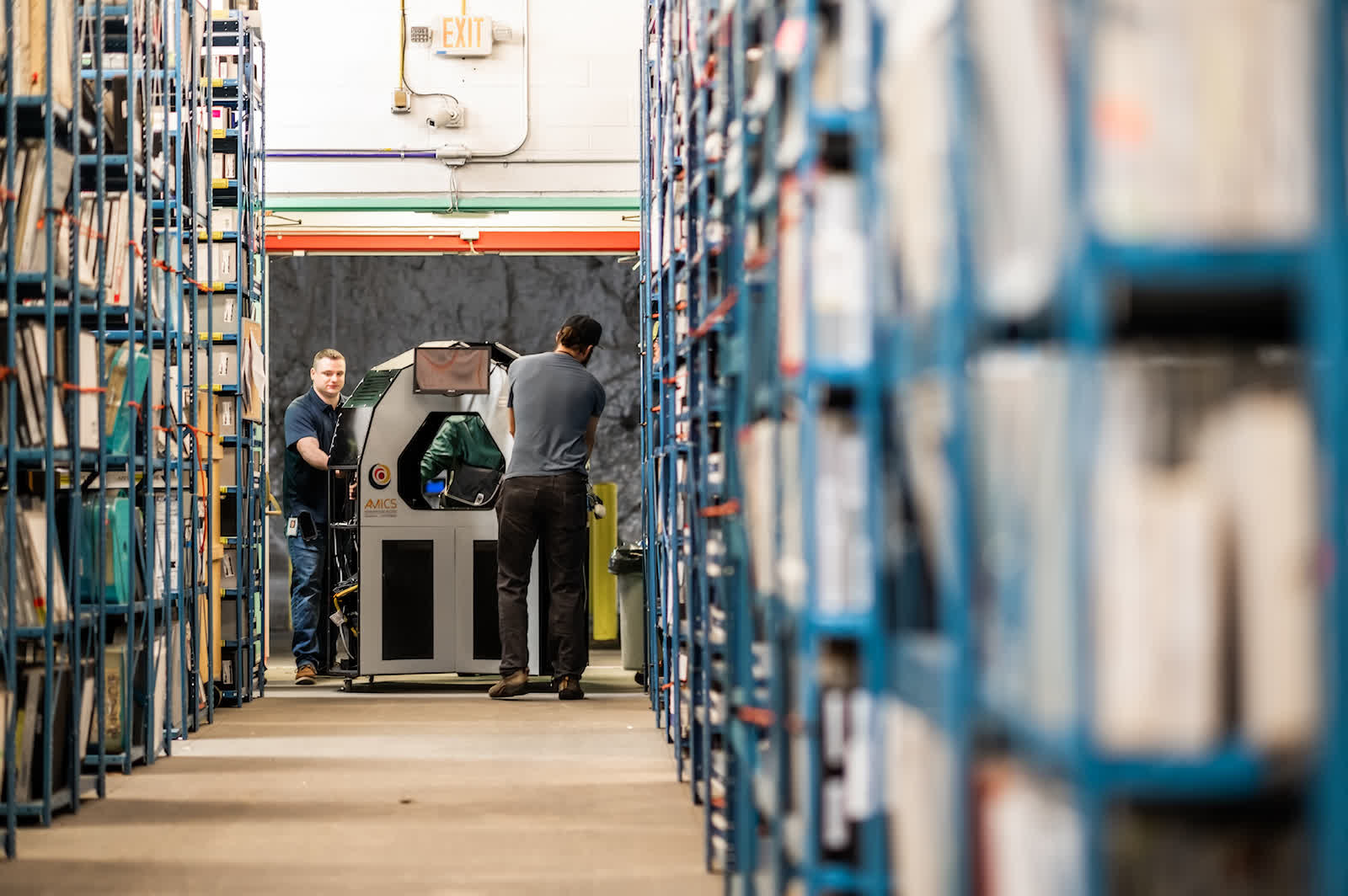Serving tech enthusiasts for over 25 years.
TechSpot means tech analysis and advice you can trust.
TL;DR: The music industry is grappling with a looming crisis regarding its archive of 90s recordings stored on aging hard drives. According to data storage experts at Iron Mountain, around 20 percent of drives from the era are now unreadable. The company is raising concerns that, due to deteriorating formats, insufficient metadata, and increasing disk failures, a significant portion of these historic recordings could be lost forever if urgent action is not taken.
A report from music industry publication Mix, citing Robert Koszela, global director of studio growth at Iron Mountain Media and Archive Services, highlights the bubbling issue. Hard drives from the 1990s, even those stored according to best practices and appearing pristine on the outside, are increasingly failing.
Prior to the 2000s, master tapes were used to produce vinyl, cassettes, or CDs, with multitracks archived securely. However, the advent of new formats like 5.1 surround sound, Guitar Hero games, and online streaming led to a renewed need to access and remix older materials. This exposed the extent of degradation in some tapes, rendering them unplayable or even lost. Additionally, many formats from that era have become obsolete.

Compared to tapes, accessing files from old hard drives might seem straightforward, but Iron Mountain’s analysis reveals that it’s often far from easy. Even if drives power up, users face a range of technical challenges. These may include needing updated software, fixing plug-ins, or locating outdated proprietary cables or power adapters.
The issue has also been discussed on Hacker News with user “abracadaniel” highlighting additional concerns. “Optical media rots, magnetic media rots and loses magnetic charge, bearings seize, flash storage loses charge, etc.” They concluded, “Entropy wins, sometimes much faster than you’d expect.”
Also read: Anatomy of a Hard Disk Drive
Fortunately, Iron Mountain has invested in specialized equipment capable of reading various storage media as long as the disk platters remain undamaged. However, challenges persist, such as the lack of metadata to identify the content on poorly marked disks. Koszela notes that the only information on the outside of some cases might be an artist’s acronym, making it difficult to determine whether the content is a video session, an interview, or something else.
Accessing archived drives often depends on commercial needs, like remixes or immersive releases. If a drive contains outdated transfers, additional budget may be required to re-transfer tapes at modern high resolutions.
The sad reality is that unless there is a commercial motive to pull and preserve an old drive, it’s likely to sit in an archive and rot away. “My worry is that these assets will just be lost. People need to know that their hard drives are dying,” Koszela warned.
